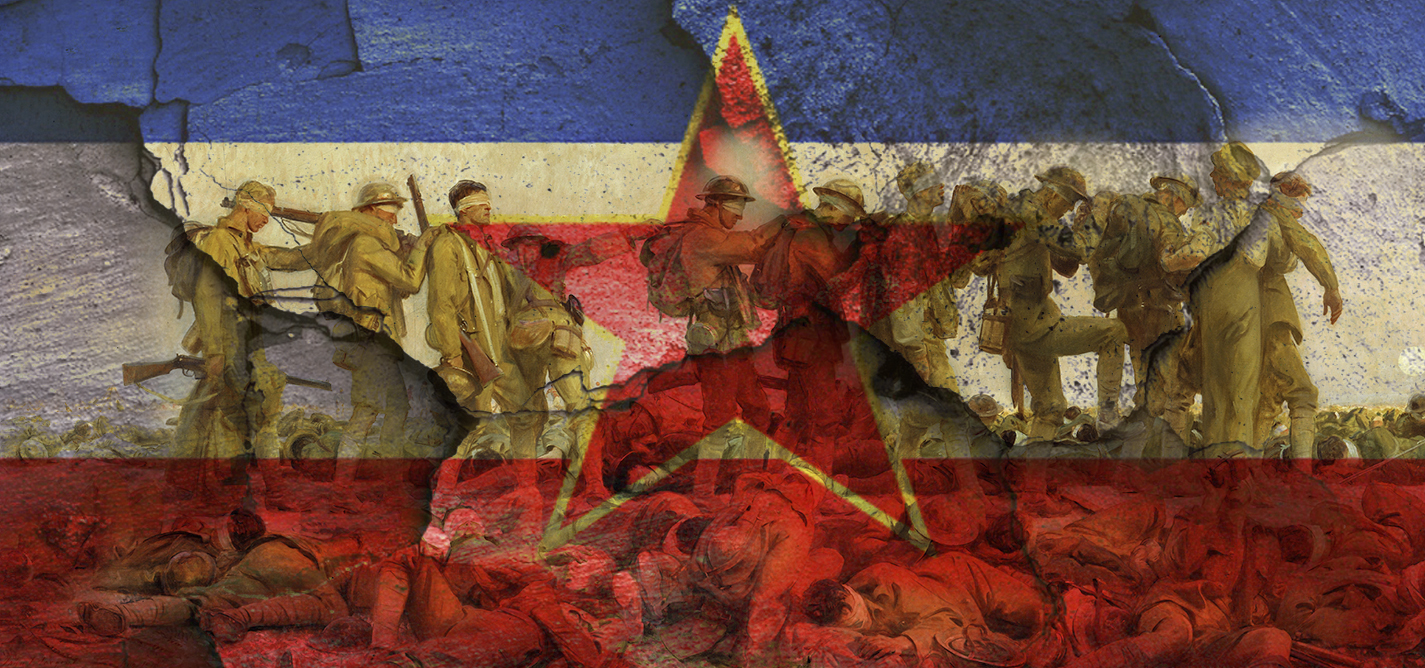
After the war ends
Solving war veterans’ issues across the Balkans.

Fitim Salihu
Fitim Salihu is a former K2.0 staff journalist, covering mainly politics and governance. Fitim has a bachelor’s degree in political science from the University of Prishtina.
This story was originally written in English.